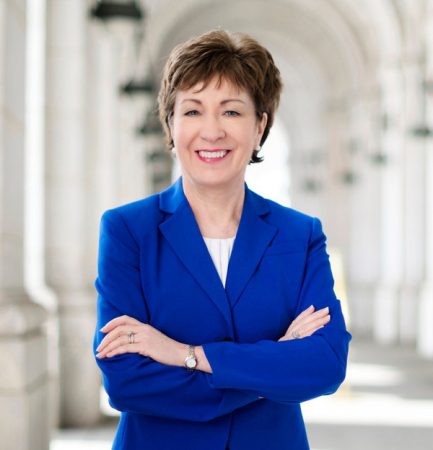Credit unions in the USA are supporting efforts to tackle financial exploitation of senior citizens.
In a letter to the Senate Special Committee on Aging, Jim Nussle, president and chief executive of the Credit Union National Association, said the sector was fighting financial exploitation in line with the objectives set out in the Senior Safe Act.
Adopted last year as part of the Economic Growth, Regulatory Relief, and Consumer Protection Act, the act was designed to teach financial professionals to recognise signs of financial exploitation of seniors.
“Many credit unions provide a full range of financial services such as financial management, retirement planning, and credit counselling to their members,” wrote Mr Nussle.
“The co-operative relationship between a credit union and its members often puts credit union employees in a vital position to detect suspicious financial activity related to seniors’ accounts because employees tend to know their members well and are likely to recognise when something is amiss.”
The letter was sent ahead of the special committee’s hearing on fighting elder fraud on 16 January.
“Senior Safe represents an important step toward improving the ability of credit unions to protect seniors from unscrupulous activity by providing limited immunity for properly trained financial employees who disclose concerns about financial exploitation of senior citizens to the appropriate authorities,” Mr Nussle added in his letter to senators Susan Collins (R-Maine), chair of the committee, and Bob Casey (D-Pa.), a ranking member.

Sen Collins co-wrote the Senior Safe Act, working with the Maine Credit Union League, which shared its experience and helped to design the brochure for the programme. Senior Safe provides support to regulators, financial institutions, and legal organisations as they teach staff how to identify and prevent financial exploitation.
“Combating fraud has long been a focus of my committee,” said Sen Collins. “This is the 22nd hearing it has held in the past six years to examine scams affecting older Americans.
“Stopping these scam artists requires a coordinated response from all levels of our government and the private sector, but alert citizens will always be the best line of defence. The committee’s work has helped inform seniors and put criminals on notice that they will be caught and brought to justice.”
She added that scammers depended upon technologies like caller-ID “spoofing,” robo-calling, wire transfers, and gift cards. “FTC [Federal Trade Commission] logged an incredible 3.8 billion complaints about robocalls, and some experts estimate that nearly half of all mobile phone calls will be fraudulent by the end of this year, unless technology is deployed to identify and block those calls.”
The committee also unveiled its 2019 Fraud Book, which lists the top 10 scams perpetrated against seniors that are reported to the committee’s Fraud Hotline and includes tips on how to recognise, avoid and report them.

